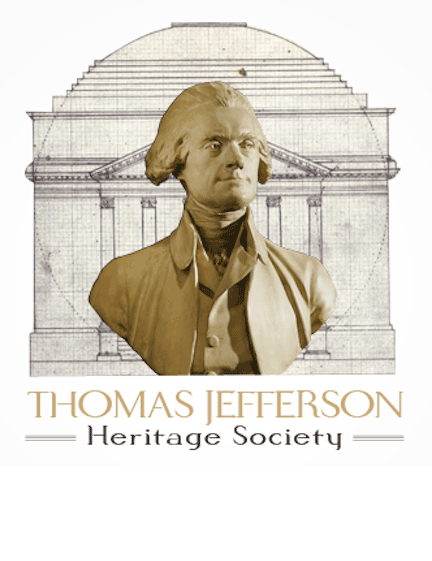Spokesman of the Revolution But Only in Writing
Thomas Jefferson’s great talent was in the written word. We tend to forget that he was trained as a lawyer and made his living that way for about seven years before his first great document, “A Summary View of the Rights of British America.” In his years as a lawyer, he concentrated on land law cases which were usually tried before single magistrates or judges.
He was rarely before a jury, so he did not require an accomplished oratorical style. His practice allowed him to utilize his natural strengths which were a persistent habit of investigation and a closely reasoned presentation of the facts.
John Adams recalled that when Jefferson joined the Second Continental Congress, he brought with him a “happy talent for composition…remarkable for the peculiar felicity of expression.” In Congress, he was not noted for his speaking ability, but served on many committees because of his research and the clarity of his writing.
It is interesting that his next great document, “The Declaration Of Independence,” was composed as a rhetorical presentation in the public square. Although Jefferson may not have been able to deliver such an address, he understood the cadence and force of expression which would be required of the town crier.
Jefferson may have suffered from an inability to project a dynamic speaking style. Although he was always critical of Patrick Henry’s intellect, he recognized that this did not diminish Henry’s capacity to connect with his audience.
Jefferson never attempted speeches which were designed to shift the emotions of the audience. He had to connect with reason and logic.
William Wirt, in his eulogy of Jefferson, recalled his inability to give “strength and compass” to his voice as a physical defect. It was his opinion that the pressure of the moment caused Jefferson’s voice to become “guttural and inarticulate.” The realization that this would happen affected Jefferson and prevented him from attempting a strong speaking style.
Jefferson’s campaigns for president did not involve extensive travel, which was time-consuming and arduous, so there were few opportunities to address large crowds. Campaigns were waged through newspapers allied with the candidates and through surrogates.
Jefferson’s greatest advantage over his opponents was the written word and his weakness as a public speaker was never an issue.
